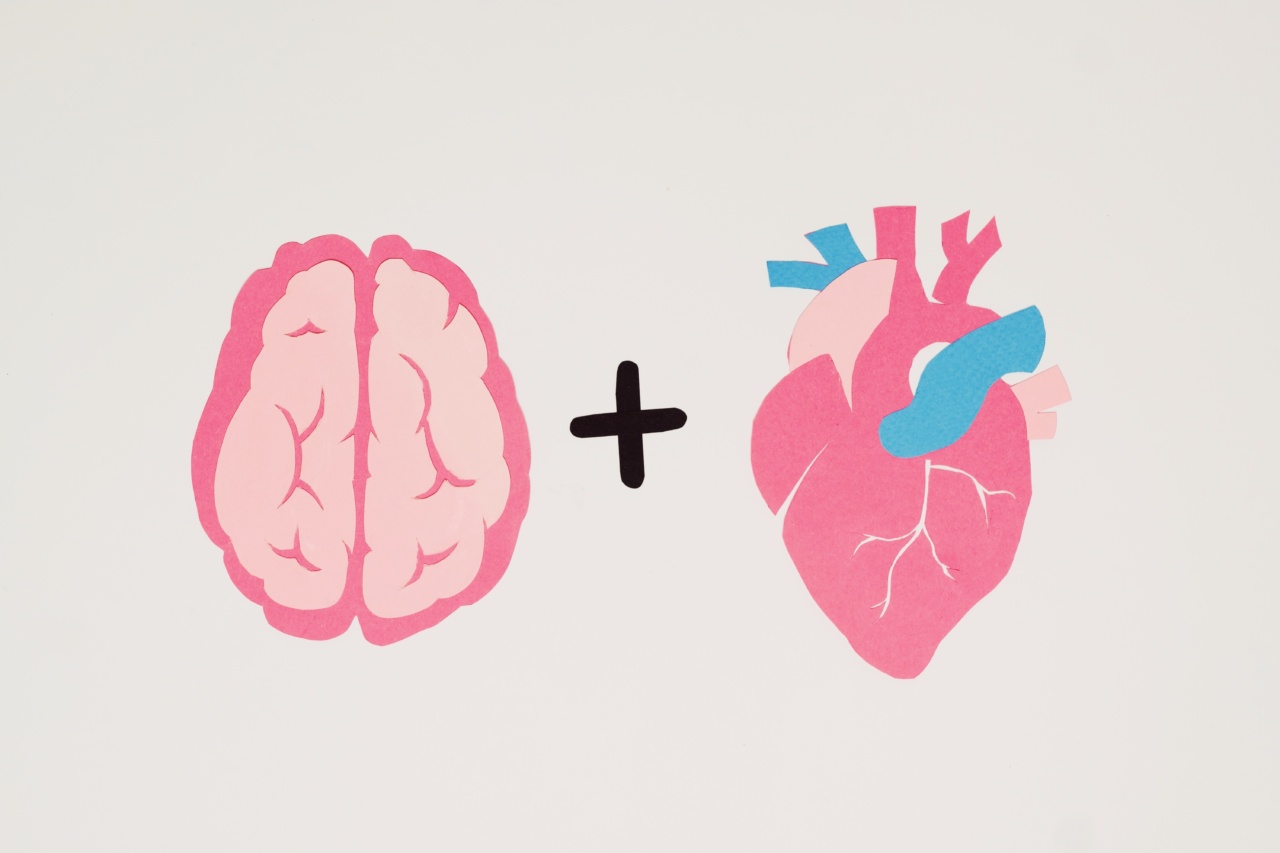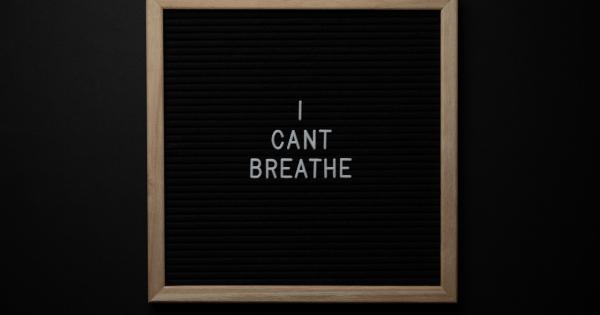Emotions have a significant impact on our overall well-being, and it’s no secret that heartache can cause us immense pain. However, recent research suggests that the heart and brain might be more closely connected than we previously thought.
When the heart hurts, the brain can also feel the effects, leading to both emotional and physical distress.
The mind-body connection
The mind-body connection has been studied extensively in the field of psychology. It refers to how our mental and emotional state can influence our physical health and vice versa.
The notion that our emotional experiences can impact our physical well-being is not new.
Stress, for example, can have a detrimental effect on our health. Chronic stress can lead to increased blood pressure, heart disease, and weakened immune systems.
It’s no surprise, then, that emotional pain, such as heartbreak, can take a toll on both our mental and physical health.
The physical manifestation of heartache
Heartache is not just a metaphorical term. It turns out that emotional pain can manifest physically in the body.
When we experience heartache, our bodies release stress hormones, including adrenaline and cortisol, which prepare us for a “fight or flight” response.
This physiological response can manifest as a tightening in the chest or a feeling of heaviness. Some individuals may even experience physical pain or discomfort in their hearts.
This phenomenon, known as “broken heart syndrome” or Takotsubo cardiomyopathy, is a temporary heart condition that mimics a heart attack.
The impact on brain function
While the physical manifestations of heartache are more apparent, the impact on the brain is equally significant.
When we experience intense emotions, such as heartbreak, it can disrupt our brain chemistry and lead to various cognitive and emotional responses.
Research has shown that heartache activates areas of the brain associated with physical pain and distress. In fact, studies have found that the brain regions activated during heartbreak are the same as those involved in processing physical pain.
This suggests that the brain struggles to differentiate emotional pain from physical pain.
Furthermore, heartache can affect our cognitive abilities. When we’re emotionally distressed, our ability to think clearly and make decisions can be impaired.
This can result in difficulties with problem-solving, memory recall, and even learning new information.
The role of neurotransmitters
Neurotransmitters play a crucial role in regulating our emotions and overall mental well-being.
When we experience heartache, there is a disruption in the balance of neurotransmitters in the brain, which can contribute to feelings of sadness, anxiety, and even depression.
Serotonin, often referred to as the “feel-good” neurotransmitter, is particularly affected by heartache. Low levels of serotonin are associated with depression and can exacerbate the negative emotions associated with heartbreak.
Similarly, dopamine, a neurotransmitter involved in reward and pleasure, can also be affected. When we’re in love or experiencing positive emotions, dopamine levels are typically higher.
However, during heartache, dopamine pathways can be disrupted, leading to a decrease in pleasurable feelings and motivation.
Healing the heart and brain
While heartache can have profound effects on both the heart and brain, there are strategies we can employ to facilitate healing and recovery.
1. Seek support: Reach out to loved ones, friends, or therapists who can provide emotional support during difficult times. Talking about our feelings can help alleviate the burden on our hearts and minds.
2. Practice self-care: Engage in activities that bring you joy and provide a sense of well-being. This might include exercising, practicing mindfulness, or engaging in creative pursuits.
3. Allow yourself to grieve: It’s essential to give yourself permission to grieve the loss and process the associated emotions. Suppressing emotions can prolong the healing process, so give yourself time and space to heal.
4. Focus on healthy coping mechanisms: Instead of turning to unhealthy coping mechanisms, such as excessive drinking or emotional eating, find healthier alternatives. This might include journaling, meditating, or seeking professional help if needed.
5. Take care of your physical health: Engaging in activities that promote physical well-being, such as eating a balanced diet, getting regular exercise, and getting enough sleep, can help support your emotional healing.
Conclusion
The connection between heartache and the brain is undeniable. When the heart hurts, the brain feels the effects, leading to emotional distress and even physical manifestations.
Understanding this mind-body connection can help us navigate through heartache with greater awareness and provide strategies for healing and recovery. By acknowledging and caring for both our hearts and brains, we can work towards emotional well-being and overall health.






























